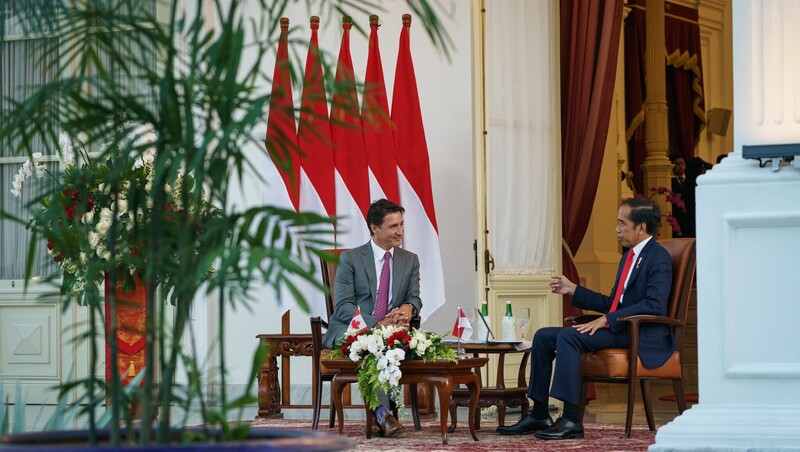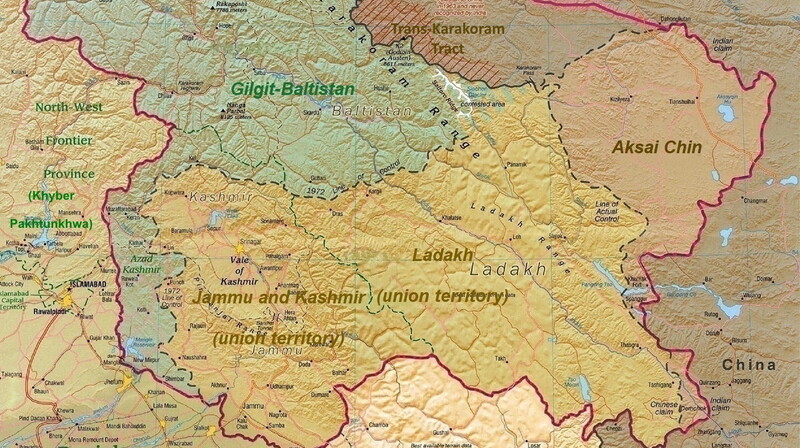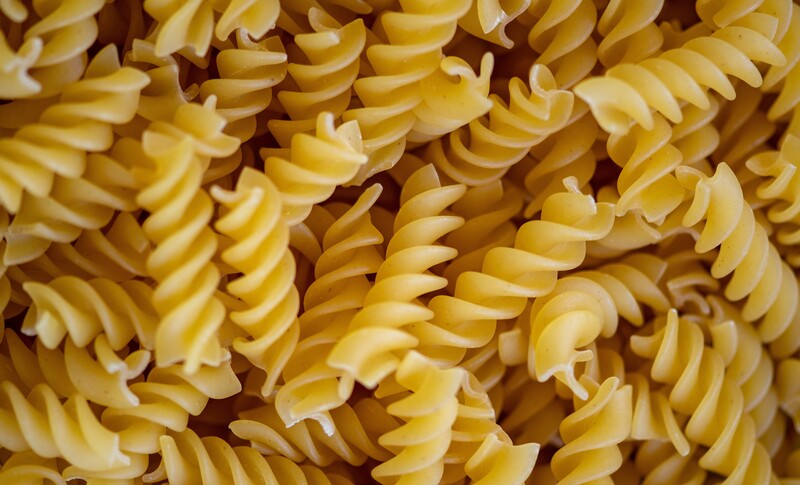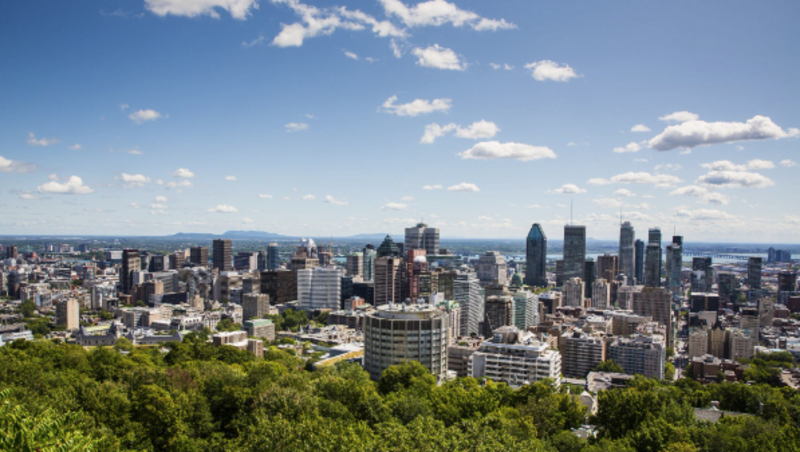For artists who don’t change the economic outlook of a city with a couple of concerts, some extra money from a new royalty deal could go a long way.
Driving the news: Universal Music—the world’s largest record company—has cut a deal with French streaming service Deezer to change the way royalties are paid to artists, a move that could be the first domino to fall in the reshaping of music streaming’s business model.


.jpg)





.gif)
.png)

.gif)


.gif)
.jpg)



